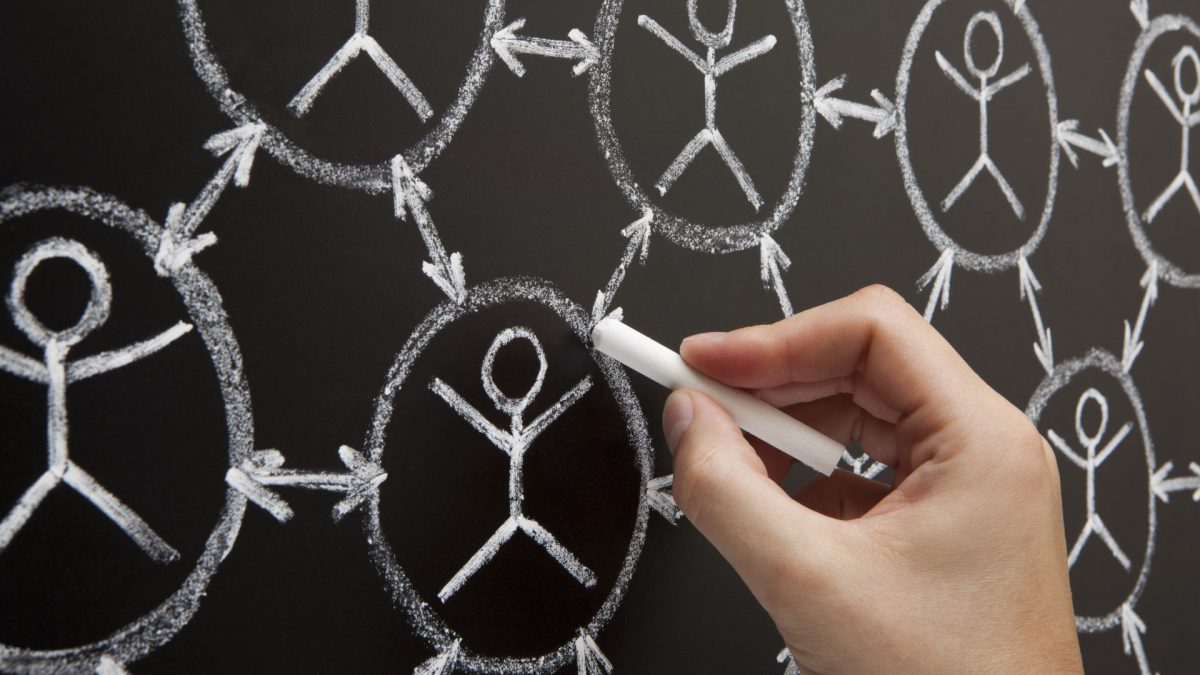Recently, I was driving to dinner with a client when she remarked, “You know, Jeff, I wouldn’t be able to survive without Mary helping me with my caseload. She knows my donors, she knows me, and without her I wouldn’t be as effective. I really value her knowledge and her help.”
I thought to myself, “How refreshing to hear this.” Here is a successful manager of a whole host of MGO’s with her own caseload to boot, and she is so open about telling me that without Mary she could not be effective. Mary happens to work in donor-relations and helps this particular non-profit’s MGO’s with stewarding their donors and giving them ideas to create a better relationship with the MGO’s donors.
Yes, I realize that having someone in Mary’s position would be an absolute luxury for many of you. But, as I talked with my client more, what I was really hearing was how important it was to have someone who can help her in her work, who really knows and understands her work style and how beneficial it is to have someone with whom she can bounce around ideas.
What has really happened here is this: two co-workers have bonded and formed a great working relationship that has truly benefited them both.
I find this rare in our industry. Quite frankly, major gift officers often tend to be solo players. Some of that is just the way the job is configured, with a dose of competition built in.
While it is rare, Richard and I have found some of the best MGO’s and managers are ones who collaborate, who go out of their way to seek counsel and who have a real confidant at work.
I remember years ago reading in a management book about traits of effective people in their work. One of the questions they asked, which I thought was odd at first, was, “Do you have a best friend at work?” What they were really asking was, do you have someone at work with whom you can share who you really are? It was found that people who do have a “best friend” or confidant at work tend to be more happy and successful than those that don’t.
So, ask yourself that question. Do you have someone who knows you? Do you have someone you can be vulnerable with? Do you have someone who can help you figure out a problem at work, can strategize with you, who really “gets” who you are?
Now, one caution here. I’m not talking about having someone you gossip with or conspire with against another. That is not healthy for either of you. Nor does it do any good for the organization or the leadership of that organization.
No, what I’m talking about is someone who makes you better – just like my client who acknowledged that without Mary’s help, she would not be as good in her work.
If you are a manager or someone who has influence in guiding the culture of your workplace, you have the ability to nurture an environment that fosters these types of relationships.
Look, there is a lot of pressure on you to perform. It’s very competitive out there. Extend your hand, bring someone into your world and share that pressure with a trusted colleague. Both of you will ultimately benefit.
And you’ll be much happier in your work.
Jeff






0 Comments